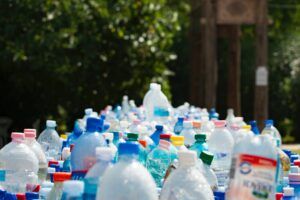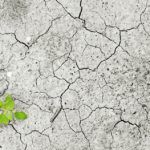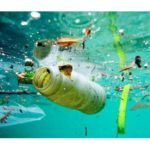Today, fresh as well as convenience food is sold in packages which results in significant environmental impacts and pollution due to the plastic materials associated with the packaging.
Current challenge
One answer to plastics in packaging are biodegradable materials, on the market for many years and their market share continues to grow. But there are severe restrictions preventing their wider application in food packaging, as these materials do not provide a sufficient barrier against water vapour, oxygen or flavours.
A new material
The EU-funded HyperBioCoat project addressed this challenge by developing and testing new biodegradable hybrid organic-inorganic coatings for use in food, cosmetics and medical device packaging. “We developed a coating material based on biopolymers extracted from lignocellulosic biomass by combining them with the material class of bioORMOCER®s,” says project coordinator Stefan Hanstein from Fraunhofer IWKS. The bioORMOCER®s are biobased, biodegradable coatings developed by the Fraunhofer Institute for Silicate Research.
Apple pomace turn into polymers
The next step was to adapt the barrier coating to the different carrier materials, which involve flexible and rigid biopolymer substrates, and testing for the packaging applications. According to Hanstein: “This approach improves the properties of packaging materials and of bio-based recyclable materials by using a biodegradable barrier coating.”
Environmental impact
HYPERBIOCOAT benefits the environment due to its lower CO2 footprint and conservation of natural resources: The supply chain does not require additional plant cultivation area, additional supply with water, fertiliser and pesticides. Furthermore, the food processing industry will benefit from a new value chain for their fibrous resources.







Leave a Reply